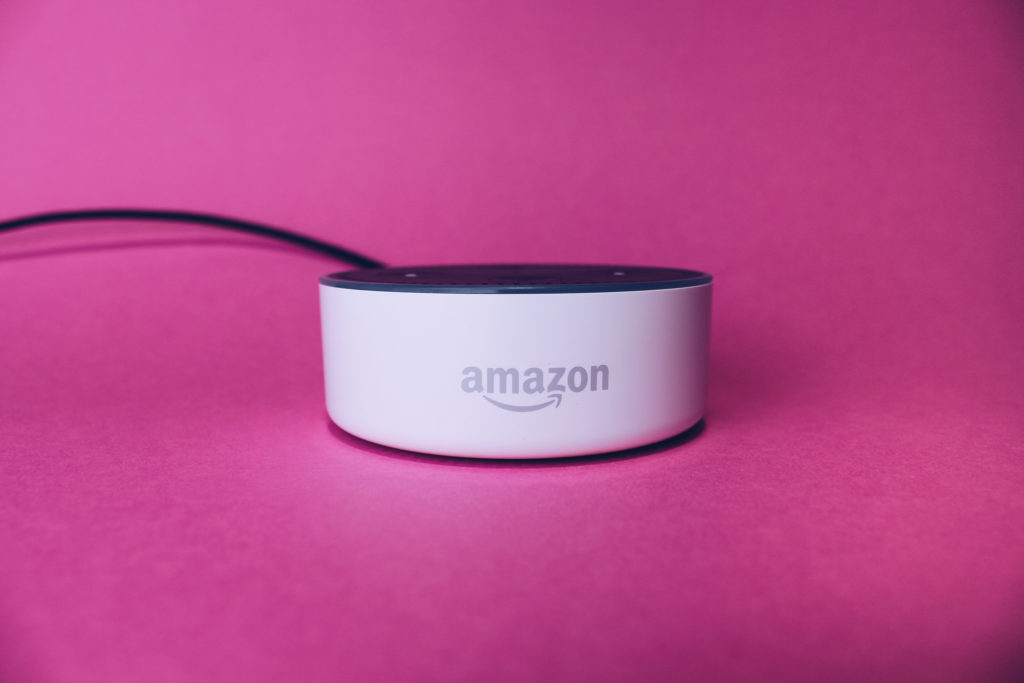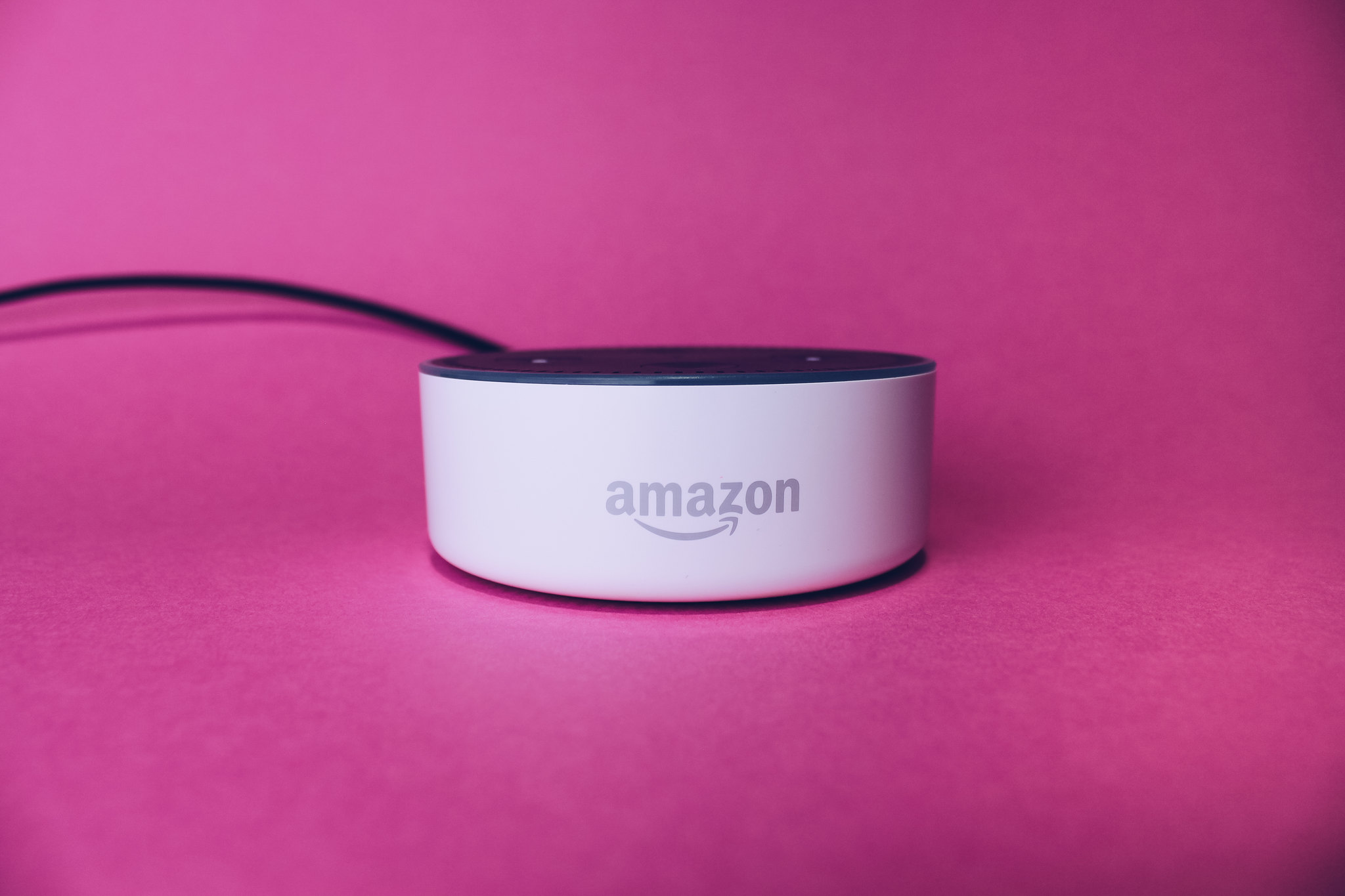
Cost is the primary concern for consumers considering turning their house into a smart home, according to a recent survey of 581 US-based adults who are familiar with Internet of Things (IoT) technologies, conducted by Washington DC-based B2B ratings and reviews firm Clutch on 30 May.
Smart home devices – home appliances and devices equipped with IoT technology, such as a smart thermostat or smart security system – allow people to control and monitor their homes remotely.
According to the survey, 53% of people currently own a smart home device and one-third (33%) plan to invest in one within the next three years. Smart home devices are the IoT technology people are most familiar with, ahead of wearable devices (75%) and digital assistants (76%).
According to Clutch, one reason people are familiar with smart home devices is “forced adoption,” which occurs because many home devices and appliances are now built with connected capabilities.
“I’m not sure there’s much of a choice anymore,” said Bob Klein, president of Digital Scientists, describing the prevalence of smart home devices on the market relative to “legacy” home appliances and devices.
Smart home devices allow people intimate access to information about their home from remote locations, which provides them peace-of-mind and a sense of security. Remote control and monitoring (37%) are the biggest benefits of owning a smart home device.
The benefits people experience from smart home devices may impact the smart home devices they purchase. For example, smart security system users benefit most from the remote monitoring benefits of smart home devices. S smart security systems (50%) are the most commonly owned smart home device, ahead of smart thermostats (48%) and smart lights (46%).
Clutch also found that people are concerned about the cost of smart home devices, though most people recognize that some smart home devices can reduce utility costs in their home. Cost (26%) is the primary concern people have with smart home devices over security vulnerability (21%), according to the survey.
However, people also believe that smart home devices have cost benefits. Over half of the people surveyed (53%) claimed that smart home thermostats decrease utility costs. This is double the number who thought a smart home thermostat increases utility costs (24%).


Leave a Reply